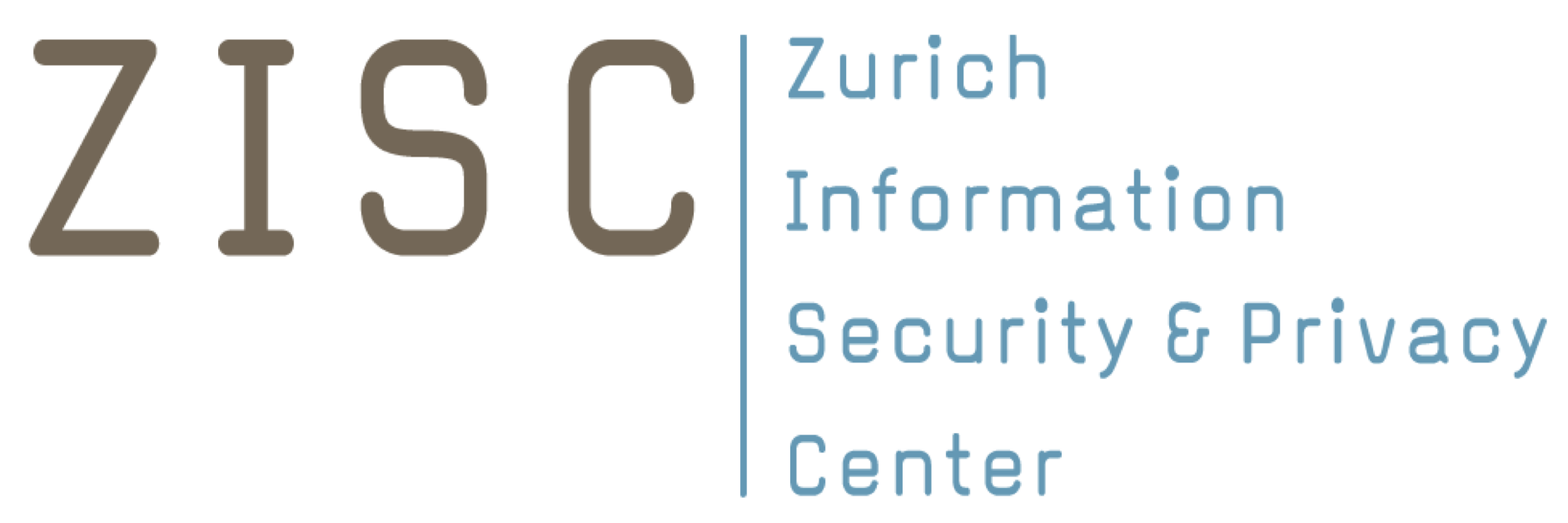The Cryptographic Applications Workshop will take place on Sunday, May 10, 2026 in Rome, Italy as affiliated event of Eurocrypt 2026.
We currently have a call for contributed talks open until January 30, 2026 AoE.
workshop description
The Cryptographic Applications Workshop (CAW; the constructive twin of WAC) focuses on the construction and analysis of cryptography built for practice.
Inspired by the Real World Crypto Symposium, it aims to provide a forum for cryptographers in academia and industry to exchange ideas and insights, bridging the gap between research and real-world applications.
The main themes of CAW are
- formalizing the security of deployed cryptography,
- constructing cryptographic primitives and systems for practice, and
- the industry perspective on deployment and maintenance of cryptography.
The workshop consists of a mixture of invited and contributed talks on recent contributions and developments in the field of applied cryptography.
call for talks
CAW accepts proposals for contributed talks.
This year, CAW will have a specific focus on “cryptography under real-world constraints and threat models”, exploring various trade-offs that are often necessary when deploying cryptographic systems in practice, such as between security, efficiency, usability, and maintainability. Submissions fitting the workshop theme of this year are especially encouraged.
In addition, CAW looks for submissions on the following topics:
- Bringing crypto from academia into the world.
- Analysis and proofs of schemes and protocols deployed in practice.
- Design and construction of cryptographic primitives and systems that also have an associated implementation or are being deployed.
- The industry perspective on deployment and maintenance of cryptography in practice.
Your submission should identify the topic of the talk, briefly motivate the relevance to the target audience, and specify the speaker.
Submissions will be evaluated based on their relevance to the above topics.
The selection is made by the workshop organizers on the basis of real world impact and interest to the audience.
Moreover, CAW values high-quality talks and therefore recommends submissions to describe relevant experiences of the intended speaker (e.g., by linking to the recording of a previous talk).
We aim to give most contributed talks at least 20-minute slots, including questions. However, we may decide to allocate shorter or longer slots depending on the number of exciting submissions and their relevance to the workshop theme.
Unlike for Eurocrypt, there are no proceedings at CAW and we do not publish papers. This means that we accept talks on both unpublished work and work published at other venues. If the talk is based on a paper, please submit the paper – as well as links to any available recordings of associated talks – as supplementary material. Your proposal will only be viewed by the organizers and any ideas therein will be kept confidential. If your talk is based on a paper that is in submission or references results that are not yet public, please let us know so that we can coordinate when the details of your talk can be made public. (Latest on the day of the workshop.)
Invited talks will be determined by the organizers. However, if you want to make us aware of a talk or speaker that you think we should invite, feel free to nominate them.
TL;DR for submissions
Please include the following information in your contributed talk submission.
- Title.
- Description of the talk content, either in the form of…
- … a full paper and a short description of which aspects the talk will focus on.
- … an abstract describing the talk.
- … slides for a presentation, together with either speaker notes or a short outline of the non-visual content of the talk.
- Speaker information, including:
- Name and contact information of the speaker(s) who will be giving the talk.
- A short bio for the speaker(s).
- A brief description of the relevant experience of the speaker(s), e.g. links to previous talks.
Submit your proposal by email to the organizers at caw@cryptanalysis.fun by January 30, 2026 AoE.
timeline
- November 2025: open call for contributed talks
- January 30, 2026 AoE: deadline for contributed talks
- March 6, 2026: decision for contributed talks
- March 2026: publish program
- May 2026: workshop
date and location
Date: Sunday, May 10, 2026
Location: Città Universitaria (University Campus) of Sapienza University of Rome in Rome, Italy.
Room information will be added at a later time.
registration
All participants (including speakers) have to register for CAW over the Eurocrypt 2026 registration by selecting CAW under “affiliated events”. It is possible to only register for workshops, or workshops and the conference.
recordings of CAW 2025
For a preview of what to expect, you can rewatch the recordings of some CAW 2025 talks:
organizers
Università della Svizzera italiana (USI)
UC San Diego
sponsors

We thank ZISC for contributing some funding for speakers and student stipends.
If you would also like to support us, please contact us by email.
